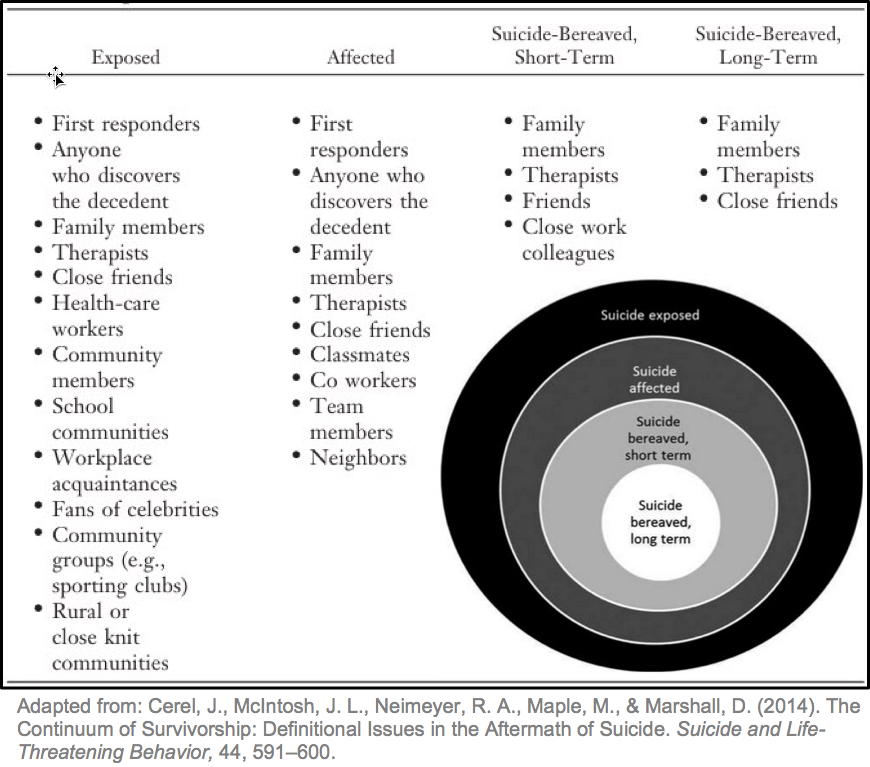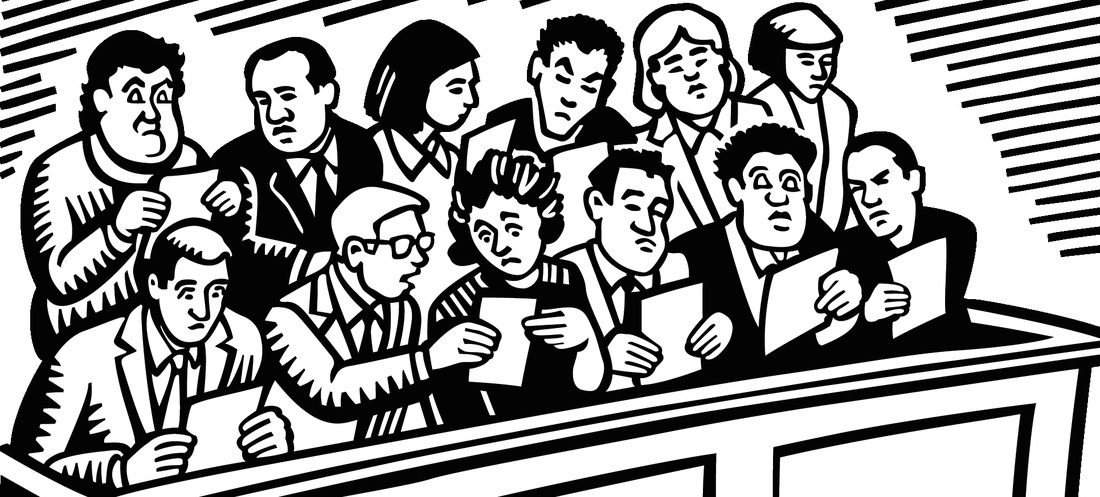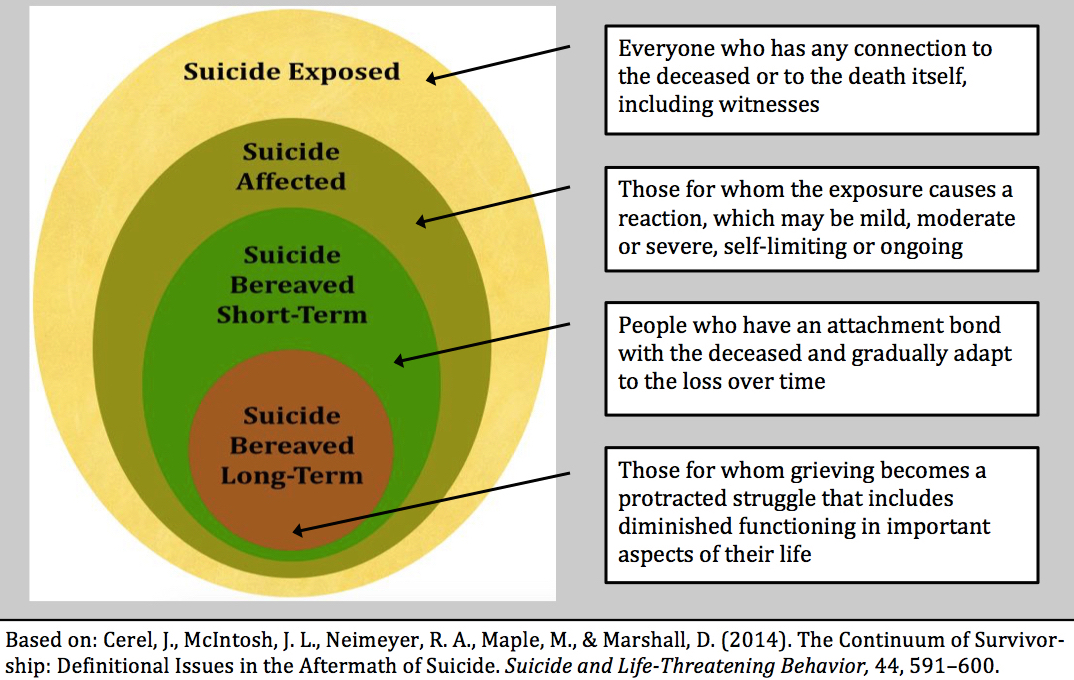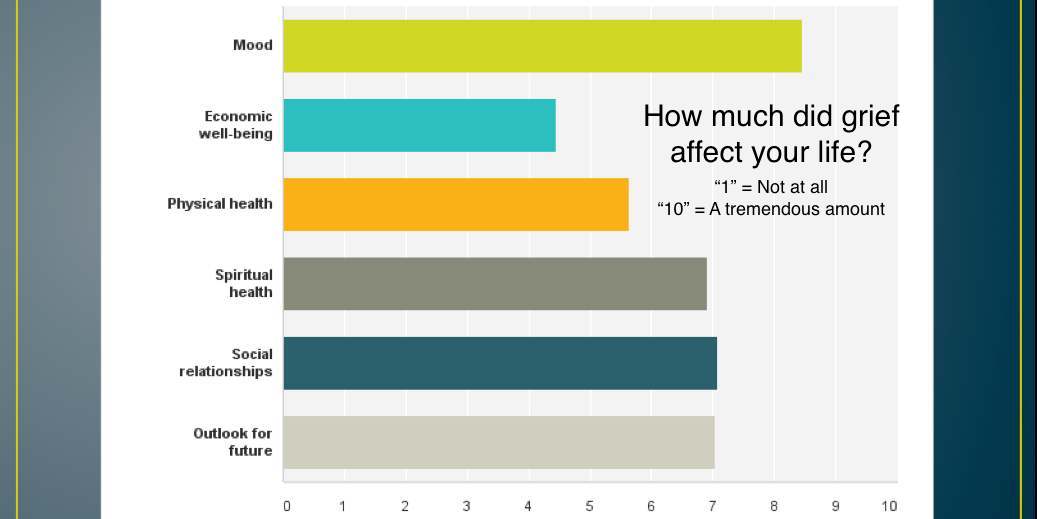A recent blog post on Grief After Suicide argues (convincingly, I hope) that suicide bereavement is unique because suicide itself is a unique way to die. Yet, at the same time, an abundance of research -- not to mention the universality of the human experience of grief -- points to a paradox, namely, that all bereavement over the death of a loved one shares a great deal in common. In other words, grief after suicide is, simultaneously, both different than and similar to bereavement following other means of death.
Understanding and accounting for this paradox is important because, as is stated in recently released national guidelines on responding to suicide, created by the Survivors of Suicide Loss Task Force of the National Action Alliance for Suicide Prevention:*
Suicide grief support is an emerging field of practice poised to gain strength from newer understandings of bereavement adaptation in thanatology [the study of death and bereavement].This emerging field would benefit tremendously from looking more closely at -- and acting more collaboratively with -- the field of grief counseling (as well as other fields, such as traumatology, mental health crisis response, and disaster response). Doing so would enrich and strengthen suicide grief support through the application of evidence-based and promising practices that are already proving to be effective with a variety of bereaved people. Taking this multi-disciplinary approach would prevent responses to suicide grief from evolving based on narrow or monolithic ideas centered primarily around what is unique about suicide bereavement.






 RSS Feed
RSS Feed